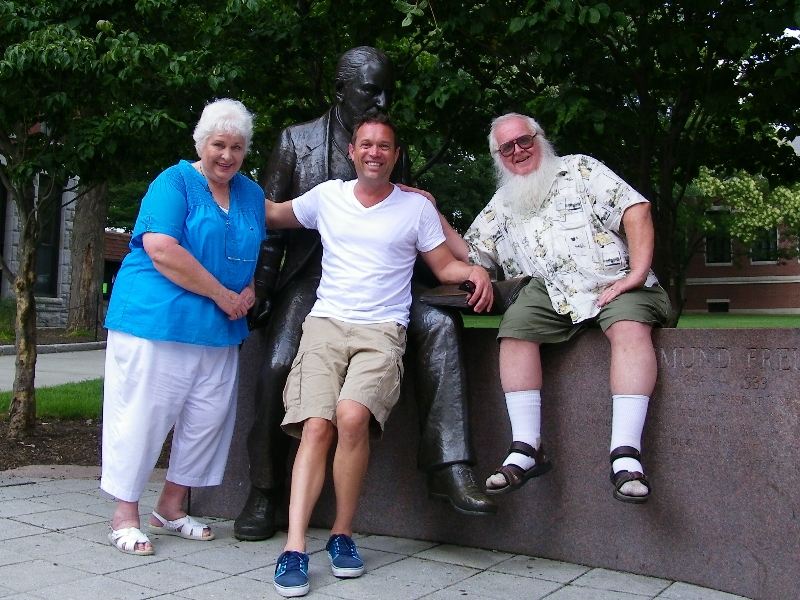
Syllabi
Course Number
GERM 230
Syllabus Date
Spring 2011
Department course is offered by
GERM - German
Course description
In this course, we will use the tools of literary and cultural analysis, studying fictional, political, psychoanalytic and scientific works to investigate the emergence of modern sexual discourses in the German-speaking world. The Greek term “homo” (same) and the Latinate “sex” (sex) were first combined to describe someone with a sexual interest in members of their own sex in 1869 in the German-speaking world. Similar observations can be made about terms such as “heterosexual,” “masochist,” and “transvestite.” There was apparently an intense interest in late nineteenth- and early twentieth-century German-speaking central Europe in reconfiguring and reconsidering sexuality. Out of this interest emerged sexologists such as Richard von Krafft- Ebing, whose Psychopathia Sexualis introduced a new vocabulary of sexuality to the entire world, homosexual activists such as Karl Ulrichs, who made arguments about sexual rights that are still prevalent in the gay community today, and Sigmund Freud, whose understanding of sexuality arguably structured much of twentieth-century popular culture.
Keywords
psychology, Sigmund Freud, Germany, queer studies, sexuality, psychoanalysis
Recommended Citation
Tobin, Robert D., "The German Discovery of Sex (Spring 2011)" (2011). Syllabi. 9.
https://commons.clarku.edu/tobinsyllabi/9
Included in
Cultural History Commons, Feminist, Gender, and Sexuality Studies Commons, German Language and Literature Commons, Psychology Commons, Social History Commons


